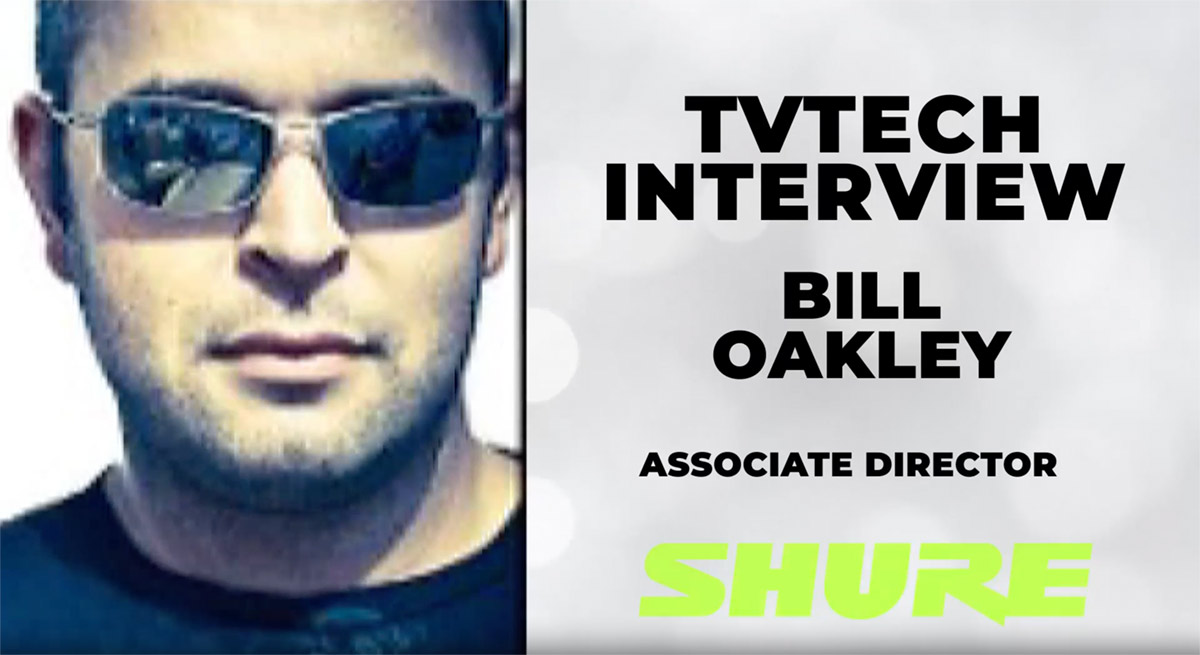Tape Duck
The FCC's proposal to require broadcasters to keep complete content recordings for 60 to 90 days and/or to infinity and beyond is shaping up to be another regulatory masterpiece.
The commission's proposal doesn't distinguish between analog and digital transmissions, meaning several stations could end up with piles or megabytes of Doppler radar images lying around.
Neither does the proposed regulation define the status of multicasting. If the order is meant to be all-inclusive, a multicaster like PBS affiliate WETA in Arlington, Va., would have to record and store 2,657 to 3,986 hours of such fare as "Barney" and "Antiques Roadshow."
And that's just plain wrong, said the Association for Public Television Stations, in its response to the proposed tape-athon.
"The proposed recording requirement would impose unreasonable financial burdens on all broadcasters, but most especially on public television stations," because they are special, the APTS reminded the commission for the umpteenth time. Why, the cost to record and store at a multicasting station could be as much as $44,000!--"the equivalent of, or greater than the salary for a full-time staff member that could otherwise be conducting outreach and education for many of public television's educational initiatives, such as the federally-funded Ready to Learn initiative," the APTS said, plugging PBS's educational charter but not doing its recruiters any favors.
The actual cost of recording and storage to some degree depends on the medium used and the resolution required, which is also left undefined in the proposed rulemaking. The NAB estimated the equipment cost per video channel to be $4,450 to $5,200 for digital recording, based on the Nversion Nvero and the MassLogger from MassTek Group, respectively. A VHS recorder would run about $100, with another $3,000 for tape. Then there would 360 tapes to stack somewhere, an additional employee to watch the tape machine all the time, and the potential slogfest of trying to find something.
C'mon, the NAB said.
"The Commission is clearly able to enforce its indecency rules effectively without the proposed recording requirement," the broadcast lobby said in it filing.
Of 239,837 complaints received in 2003, 99.8 percent pertained to nine programs, the NAB said. Of 530,885 received in the first three months of this year, 99.9 percent were about the Super Bowl. Only 1 percent of complaints have been dismissed based on insufficient evidence. Since 2002, only one station has been fined for indecency.
And another thing, the NAB's filing said, network programming is duplicated across stations: "Requiring hundreds of television stations to keep recordings of the identical episodes of 'Jeopardy' serves no useful public purpose."
Many of the religious broadcasters who filed comments were just this side of incredulous.
"A waste of time for a religious broadcaster," said William Lee of Tulsa, Okla.
Donald Martin of the He's Alive Broadcasting Association, an LPTV in Spokane, Wash., offered regulators some wisdom.
"If a program is questionable in nature based on the guidelines put in front of broadcasters already, and complaints are received when it is broadcast, stations airing it should be required to record and retain copies of all future programs in that specific program series for six months," he wrote.
Only two of about 200 filings reviewed, out of the 539 on record, advocated the FCC's proposal. One was from Washington think tank New America Foundation, in keeping with its spotless track record of vilifying broadcasters; the other, from a New York-based group called "Morality in Media," was in itself worthy of an indecency complaint.
Filings can be reviewed at http://gullfoss2.fcc.gov/prod/ecfs/comsrch_v2.cgi by doing a search for proceeding #04-232.
The professional video industry's #1 source for news, trends and product and tech information. Sign up below.
